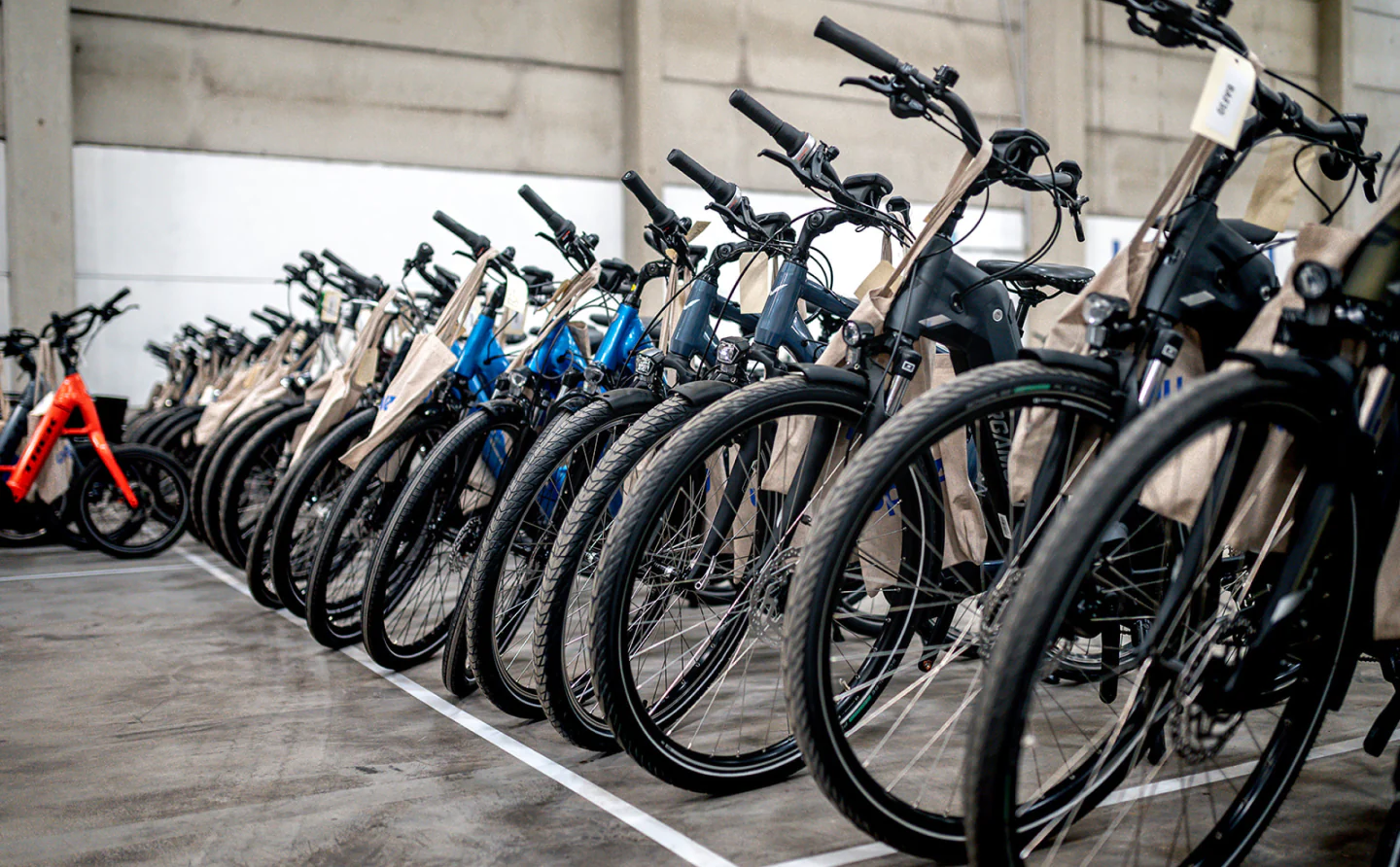A once-popular tourist spot in Switzerland has been forced to close, and the consequences of warming temperatures are at least partly to blame.
What's happening?
As Powder reported, Skilift Schratten Flühli in Lucerne has stopped activity because a lack of snowfall has left the skiing slopes unable to open. In a statement, the ski site explained its winter season was now nearly half its typical duration.
Reduced business operations, in addition to costly necessary maintenance at the site, meant it was unfeasible to remain open.
Powder cited data from MeteoSwiss, the Swiss Federal Office for Meteorology and Climatology, which noted that as temperatures creep up, more precipitation falls as rain rather than snow, making it harder for Skilift Schratten Flühli to remain open for business.
"Now we too can no longer defy the forces of nature," read a statement from the tourism and recreation site.
While fluctuating seasonal temperatures aren't anything new from year to year, the consistent rate of warming over the last decade suggests these conditions are here to stay unless drastic changes occur. Indeed, as the World Meteorological Organization reported in 2023, 2011-20 was the warmest decade on record, featuring "unprecedented" glacier and ice sheet loss.
Watch now: AITA for making my neighborhood look 'trashy'?
Why is the ski area closure concerning?
In addition to putting people out of work, depriving keen skiers of recreational activity, and causing the end for a historic ski area, the changing weather patterns in the Lucerne mountains are concerning for local biodiversity.
Creatures and plant life have adapted to the cold conditions, and as temperatures climb — as a result of human-caused planet-warming pollution — their survival will be put at risk. The impact this could have on the wider ecosystem could be profound and likely won't be fully realized for years.
Unfortunately, this also isn't the only ski area that has been forced to close. In France, for example, Le Grand Puy resort in the Alps has ceased operations because reduced snowfall resulted in a lack of visitors.
What can be done about ski resort closures?
Immediately, there isn't a lot we can do to reverse the decisions of ski resort managers to shut down operations. But steady changes to our lifestyles and attitudes can help curb the rate of rising temperatures and perhaps herald a brighter future for skiing sites that remain functional — and maybe encourage old ones to reopen.
TCD Picks » Upway Spotlight

Climate-conscious actions, such as avoiding single-use plastics, using renewable energy, and even avoiding fast fashion in favor of thrift shopping, can all make a difference as we try to reduce the production of planet-warming pollution.
Join our free newsletter for good news and useful tips, and don't miss this cool list of easy ways to help yourself while helping the planet.














